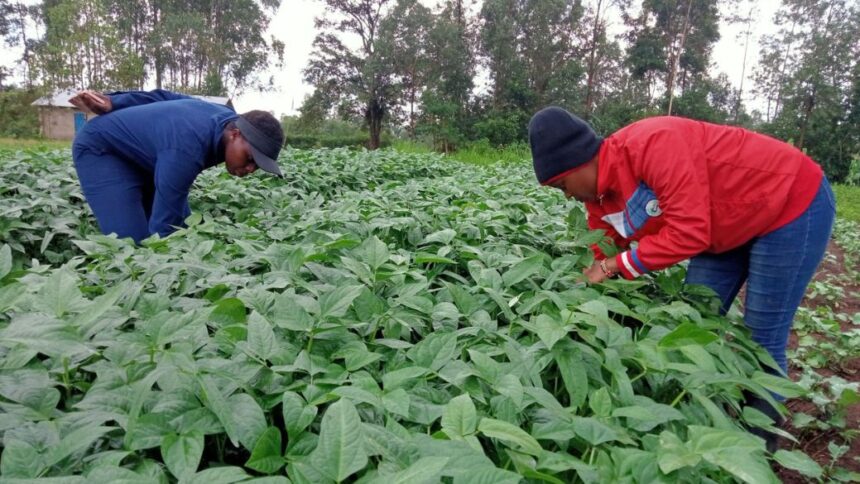By Henry Ackah | henryackah29@gmail.com, Member National Seed Trade Association of Ghana (NaSTAG) Plant Biotech Committee
Mid last year, Ghana experienced a severe drought that intensely affected its agricultural sector and heightened food insecurity. The drought majorly hit the northern parts of the country and was reported to have affected over 928,000 farmers.
According to the then country’s Agricultural minister, Dr. Bryan Acheampong the spell resulted in significant losses for farmers, with an estimated investment loss of $3.5 billion and a revenue loss of $10.4 billion.
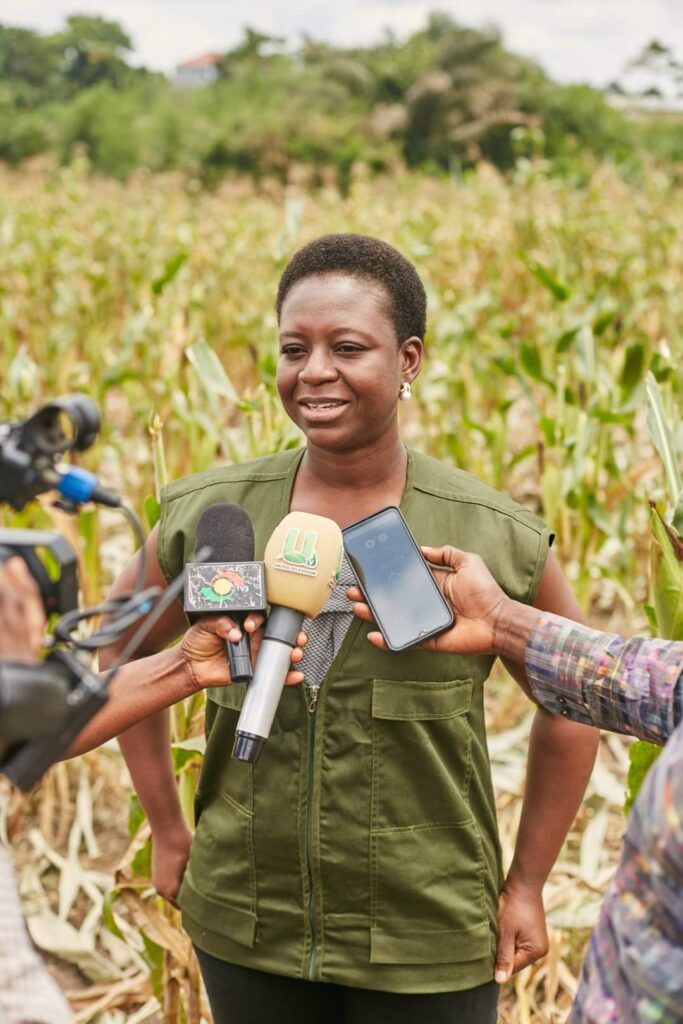
As a result of the drought, a ban on some food exportation and enhancement in importations was imposed. As the country battles with finding a lasting solution to averting any such future occurrences, Genetically Modified Organisms (GMOs), an aspect of biotechnology has been proposed prominently by experts as one out of many solutions that calls for attention of the seed and farming communities.
“With proper biosafety regulations, GMOs can be safely integrated into our agricultural systems, providing food security without compromising health or the environment,” says Dr. Vivian Ofori a Biosafety Researcher, University of Cape Coast.
Dr. Eric Y. Danquah, Director, West African Centre for Crop Improvement (WACCI), University of Ghana also argues that biotech provides tools to create resilient crops that can withstand the challenges of climate change, ensuring food security for our population.
How do we define GMOs?
According to the World Health Organization Genetically Modified Organism is an organism whose genetic material has been altered using genetic engineering techniques, often to exhibit traits that are beneficial for agriculture or other uses.
Potentials of GMOs
Considering the recent drought that threatened the country, GMOs hold significant potential in enhancing agricultural resilience and ensuring food security. Despite the reported growing concerns about the safety of the adaptation of biotechnological tools such as GMOs in the country’s agricultural sector, the enormous benefits of the same cannot be overemphasized.
Through GMOs, drought-tolerant crop varieties can be developed to help farmers maintain yields in the face of reduced water availability. For example, genetically modified maize and rice that can withstand dry conditions are particularly relevant for mitigating the impact of water shortage during their production. As we speak Nigeria recently adopted the TELA Maize to address this aspect.
In Ghana, Bt cowpea variety released and commercialised in Ghana recently by Biotechnology and Nuclear Agriculture Research, Institute of Ghana Atomic Energy Commission has been designed to resist the destructive Maruca pod borer which innovation aims to improve the productivity of cowpea, which is vital for both food and income for many farmers.
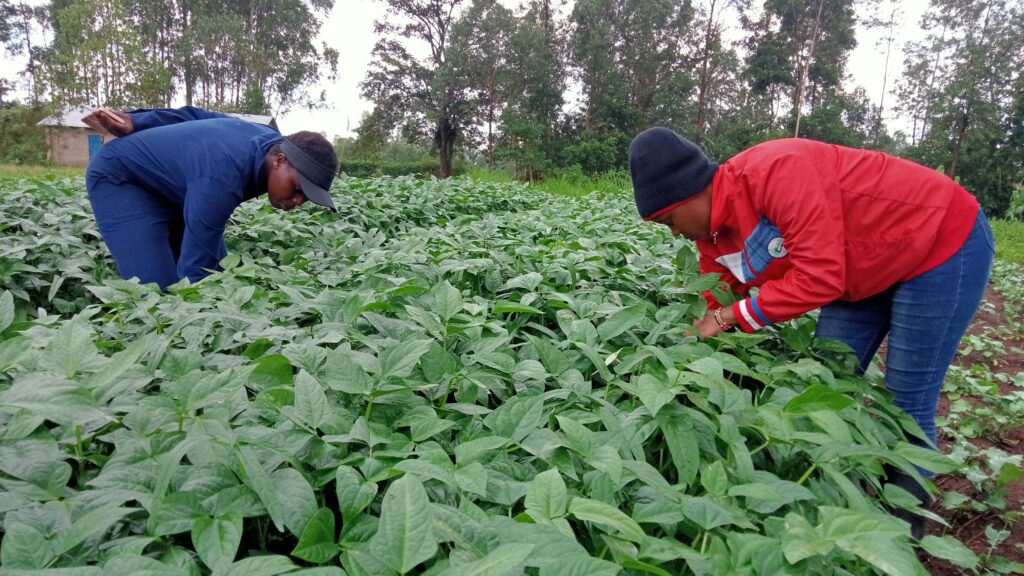
While addressing members of the National Seed Trade Association of Ghana recently, Dr. Daniel Osei Ofosu of Biotechnology and Nuclear Agriculture Research, Institute of Ghana Atomic Energy Commission said that GMOs have the potential to improve crop productivity by offering crops that are tolerant to pests and diseases, which often lead to significant losses in yields.
By increasing the efficiency of resource use and reducing the need for chemical inputs, GMOs contribute to more sustainable agricultural practices. Furthermore, biofortified GMOs can address nutritional deficiencies by incorporating beneficial nutrient into plants, thereby leading to enhanced food security and improving public nutrition and health just to mention a few.

Integrating GMOs with other strategies
While GMOs offer valuable benefits, they are not a panacea or stand-good-alone solution for Ghana’s food insecurity. A comprehensive approach with a good mix of other important factors is needed to effectively address the current crisis. These may include integrating GMOs with the enhancement in irrigation infrastructure, adopting sustainable farming practices such as zero tillage, strengthening agricultural extension support services and putting in efforts to increase the adoption rate of certified seeds especially climate smart breeds by smallholder farmers.
Ghana’s strides in biotechnology
Ghana has already over the recent years made significant progress in research and adaptation of biotechnology to enhance agricultural productivity, improve food security, and drive economic development. This movement towards biotechnology is particularly important for a country that relies heavily on agriculture as a primary economic sector.
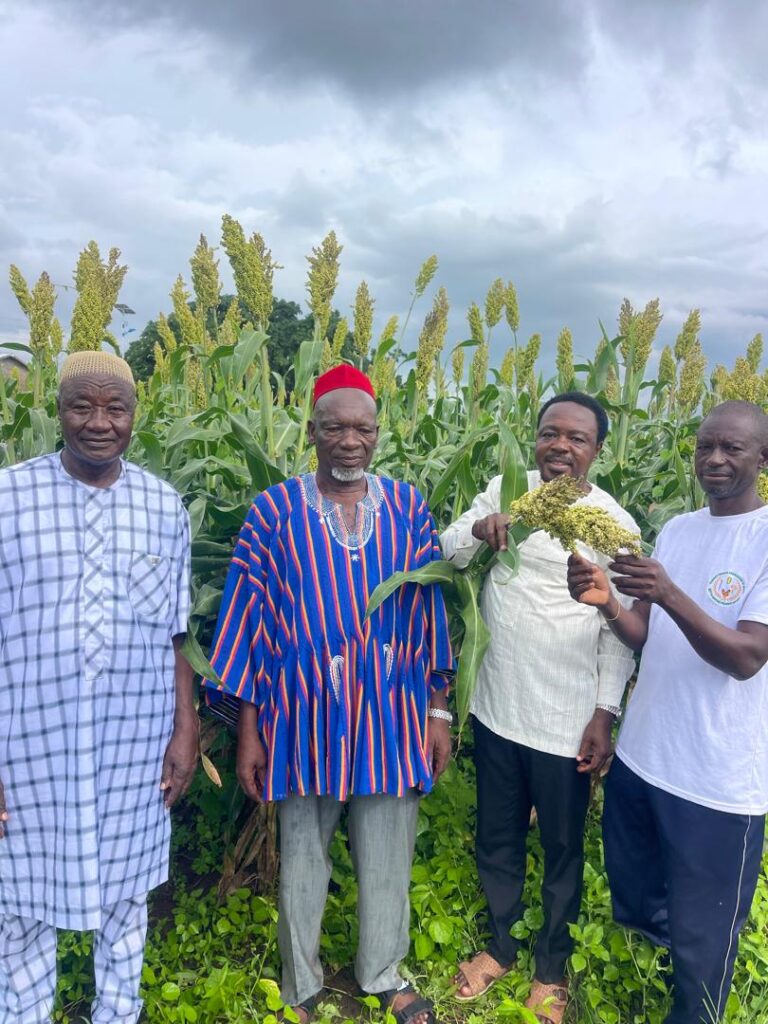
“Since 2012, the National Biosafety Authority (NBA) has approved the confined field trials (CFT) of four crops – cowpea, rice, cotton and sweet potato – which have been modified for various desired traits, notes Dr Ofosu. He added that research is underway on other crops by the same institute.
The need for education and broader dialogue on adoption of GMOs
For GMOs to be an effective component of Ghana’s food security strategy, it is essential to foster education and engage in broader dialogue with all relevant stakeholders (from research to the consumer). This will ensure that its implementation aligns with local needs and conditions. Public understanding of GMOs and their benefits must be enhanced to address concerns and the many misconceptions seeking to stifle the acceptance of this all-important technology. Transparent communication and education campaigns will help build trust and facilitate the acceptance of GMO technology.
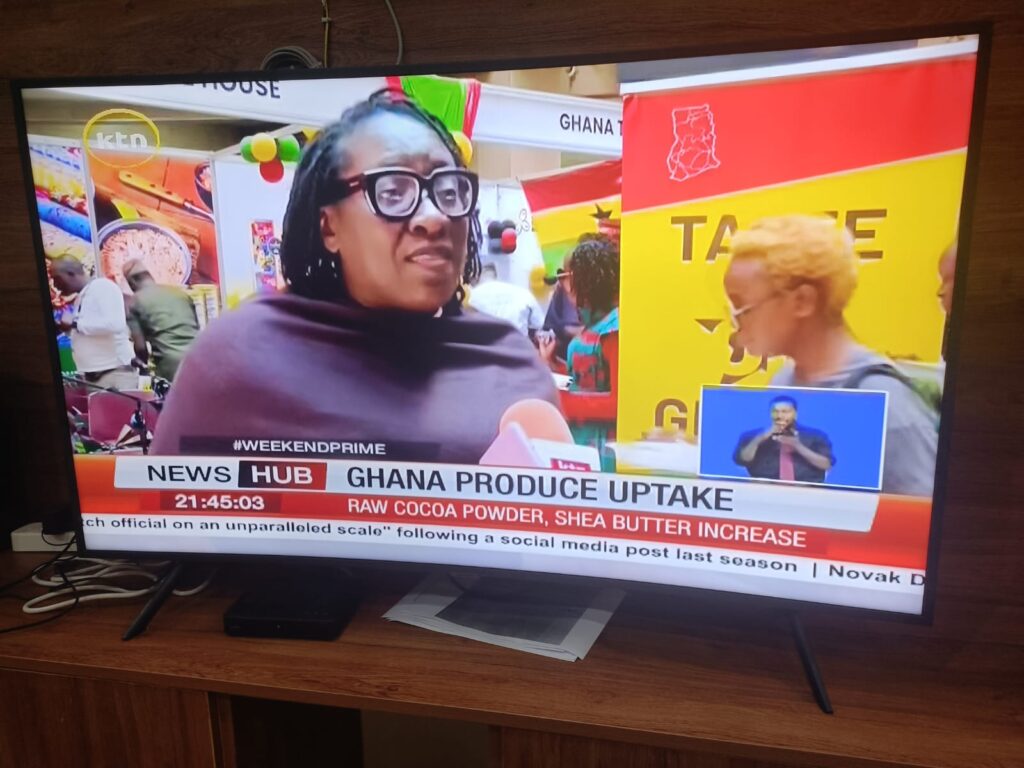
With the current climate change challenges threatening the world’s food security, it is believed that GMOs represent a promising option for addressing food insecurity in Ghana just us it has done in many countries over the world including some countries Africa such as South Africa, especially in the face of a severe drought as the country is experiencing presently. Various researchers across the world have emphasized embracing this great tool to combat food security in the face of our ever-changing climate.
By offering drought-tolerant crops and improving overall agricultural productivity, GMOs can play a valuable role in enhancing food security. However, there is need for formulating more positive policy frameworks that will ensure increase in funding for research, development and adaptation of GMOs as a strong national tool against food insecurity alongside other important identified strategies.


